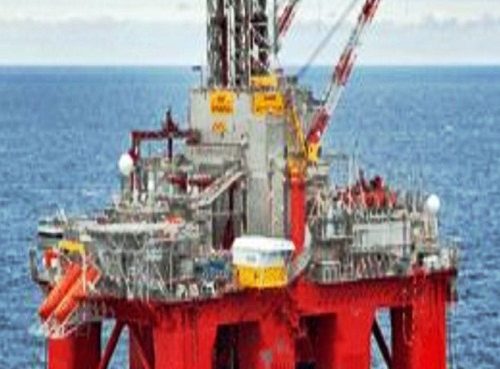Boeing is to deliver six additional solar arrays to NASA for the International Space Station (ISS)
The new arrays will increase the on-board laboratory’s power supply and installation is scheduled to begin in 2021.
The new 63-foot-by-20-foot (19-meter-by-6-meter) arrays will together produce 120 kilowatts of electricity via the sun’s energy, says Boeing.
They will combine with the eight original, larger arrays, and the extra hardware should provide a 20-30% percent increase in power.
“When it comes to game-changing research and technological development, the space station is currently hitting its full stride,” said John Mulholland, ISS vice president and program manager for Boeing.
“These arrays, along with other recent upgrades to the station’s power system and data-transfer speed, will ensure that ISS remains an incubator and business model in the commercial space ecosystem for the coming decades. Access to this unique lab will continue to pay off as researchers study the challenges of future deep-space exploration and make discoveries that improve life on Earth.”
Boeing company Deployable Space Systems of Santa Barbara will produce the structure of the new arrays, including the canister and frame that will unfurl to hold the solar-array blankets in place.
The company also built the canister, frame and solar array blanket for a prototype of the new arrays that was successfully tested aboard the ISS in June 2017.
Spectrolab, another Boeing company also based in California, will produces the arrays’ XTJ Prime solar cells. They are the same solar cells that power Boeing’s CST-100 Starliner spacecraft in flight and while docked to the ISS.
Spectrolab also produced the station’s original solar cells, as well as the solar cells tested on the prototype, Boeing highlights.
It is reported that NASA has procured the arrays through a $103m addition to Boeing’s existing space station engineering contract.
Source: electronicsweekly










